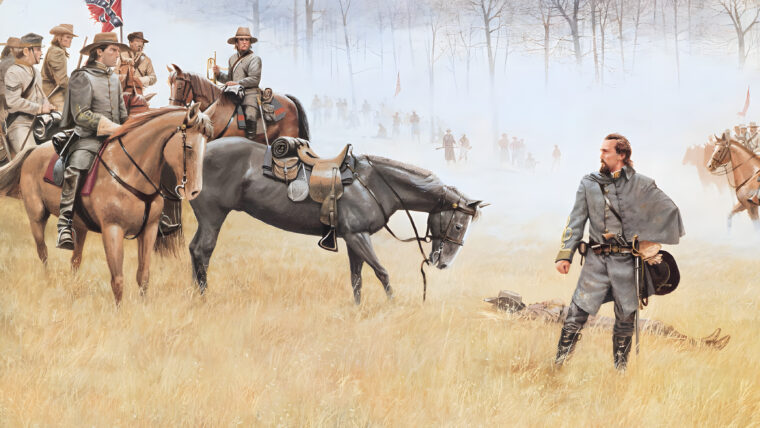
Vicksburg
The Battle of Tupelo, June – July 1864
By Edward Holub and John Marchetti
“For God’s sake, if Mr. Forrest will let me alone, I will let him alone. Read more

Vicksburg
By Edward Holub and John Marchetti
“For God’s sake, if Mr. Forrest will let me alone, I will let him alone. Read more
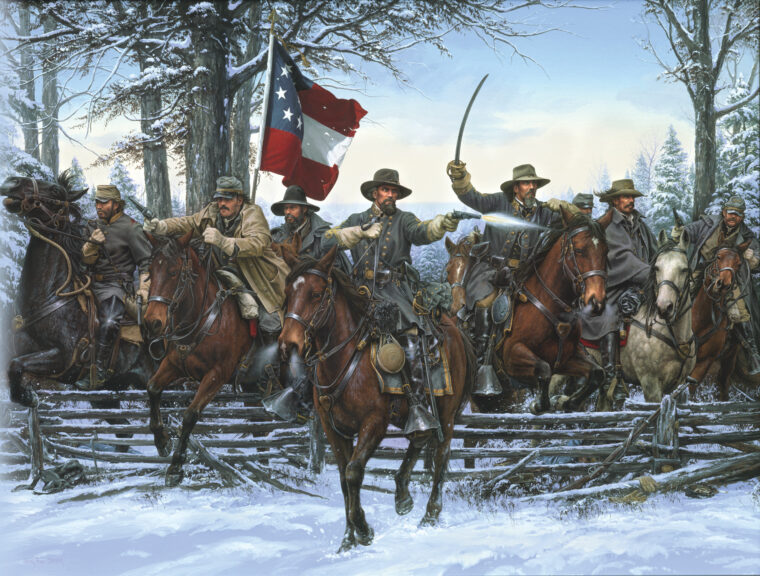
Vicksburg
The winter of 1863 was a time of general inactivity for the exhausted armies in middle Tennessee. Read more
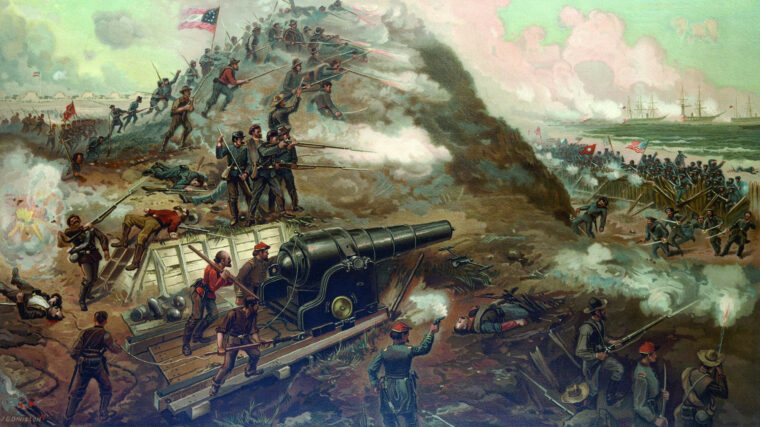
Vicksburg
March 8, 1862, dawned sunny and mild at Hampton Roads, Virginia. To the men of the Union blockading squadron, the day seemed like any other. Read more
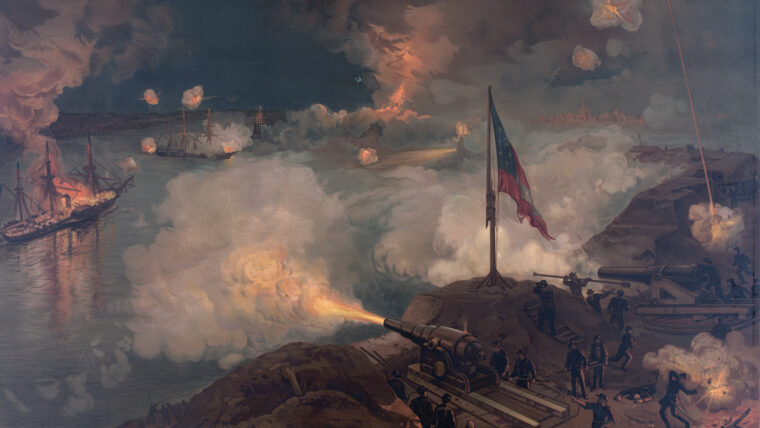
Vicksburg
Not long after Union Flag Officer David Farragut of the West Gulf Blockading Squadron received the surrender of New Orleans on April 29, 1862, he began pondering his next move. Read more
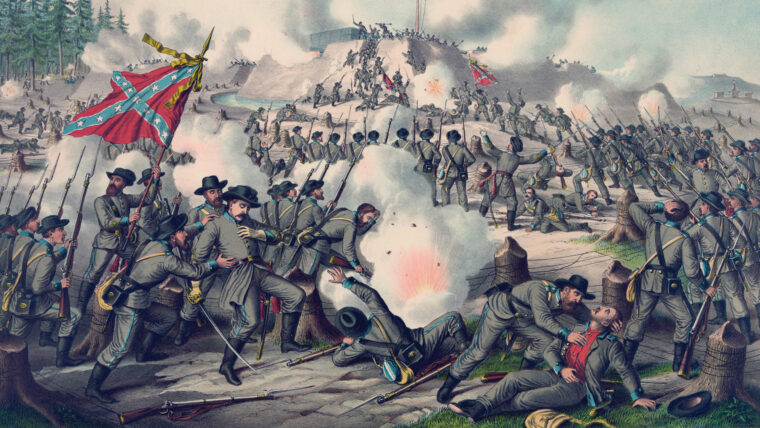
Vicksburg
After the crushing Union defeat at the Battle of Fredericksburg on December 13, 1862, President Abraham Lincoln relieved Maj. Read more
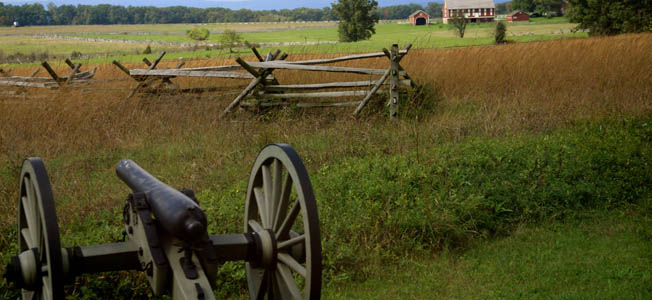
Vicksburg
The American Civil War was the tragic culmination of divergent perspectives on the proper conduct of the government of the United States and socio-economic issues that had been frequently at the forefront of American political life for decades. Read more
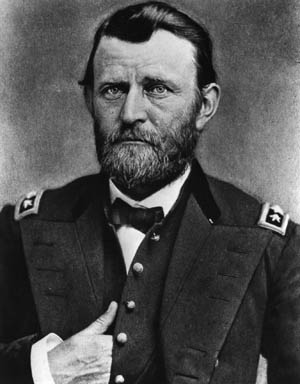
Vicksburg
Born in Ohio in 1822, Ulysses S. Grant graduated from the United States Military Academy at West Point in 1843. Read more
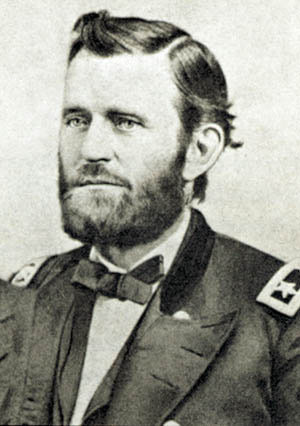
Vicksburg
When the sun set on the Confederacy, the stars began to rise and shine, none more brightly for Northerners than that of Abraham Lincoln, and for Southerners than those of Robert E. Read more
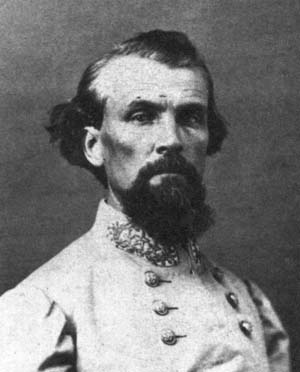
Vicksburg
Prior to the American Civil War, Nathan Bedford Forrest amassed a fortune in real estate, agriculture, and the slave trade. Read more
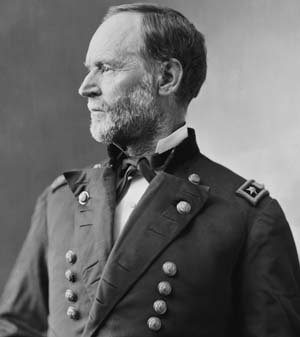
Vicksburg
By Mike Haskew
Union General William T. Sherman was a friend and trusted subordinate of General Ulysses S. Grant, commander of all Union armies in the field during the Civil War. Read more
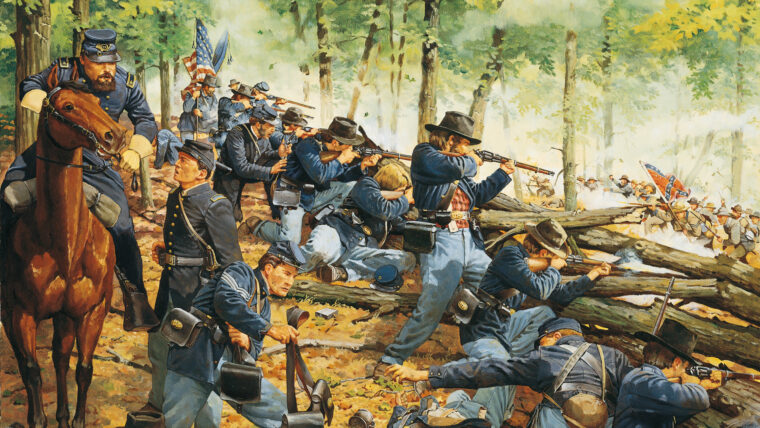
Vicksburg
It was nearly 11 on the morning of September 20, 1863, and the woods around slow-moving Chickamauga Creek in northwest Georgia were ominously quiet. Read more
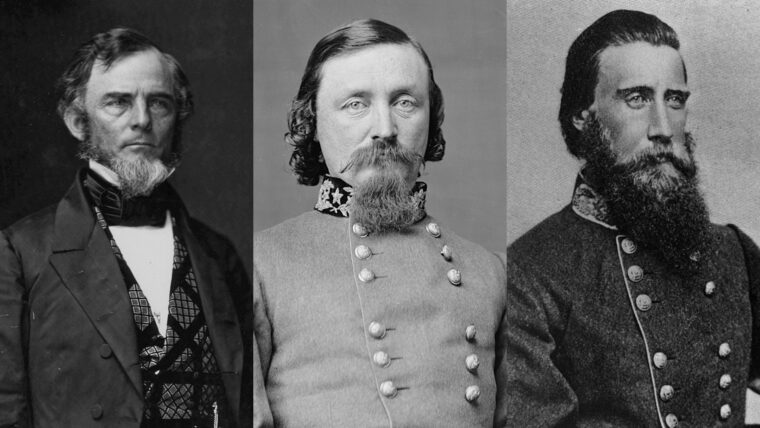
Vicksburg
Confederate Maj. Gen. Gideon Pillow. After gaining ground trying to cut an escape path for the Confederates during the February 1862 siege of Fort Donelson by Union forces led Brig. Read more
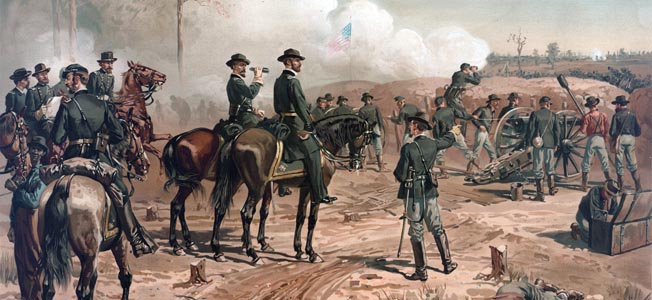
Vicksburg
On September 3, 1864, a triumphant Maj. Gen. William Tecumseh Sherman telegraphed Washington, “Atlanta is ours and fairly won.” Read more
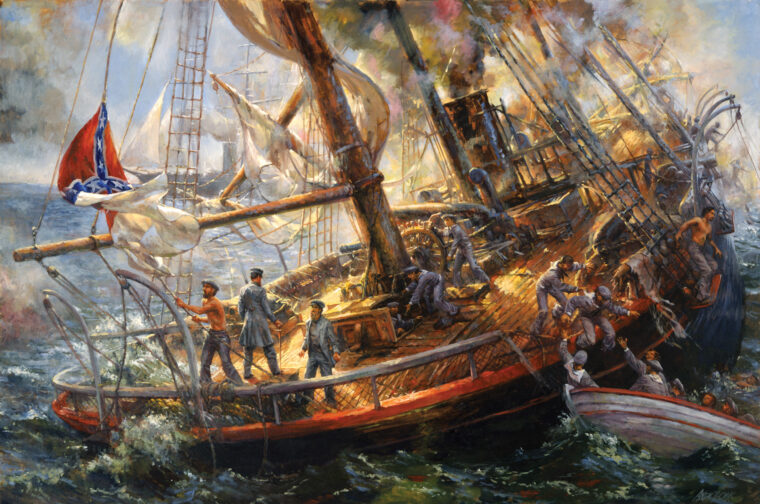
Vicksburg
On August 24, 1862, newly promoted Captain Raphael Semmes of the Confederate States Navy called his largely English crew to the quarterdeck of his new command, the 220-foot battle cruiser Alabama, lying off the coast of Terceira in the Azores. Read more
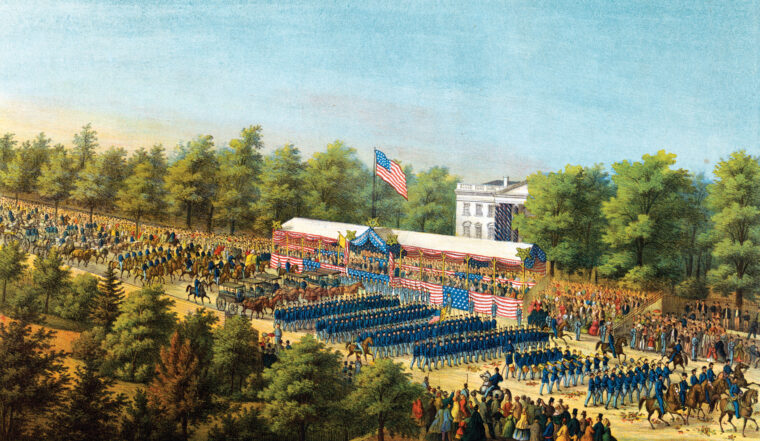
Vicksburg
Robert E. Lee’s surrender at Appomattox, presaging the subsequent surrender of other Confederate forces in the West and the capture of Southern President Jefferson Davis a few weeks later, marked the triumphant end of the nation’s great sundering. Read more
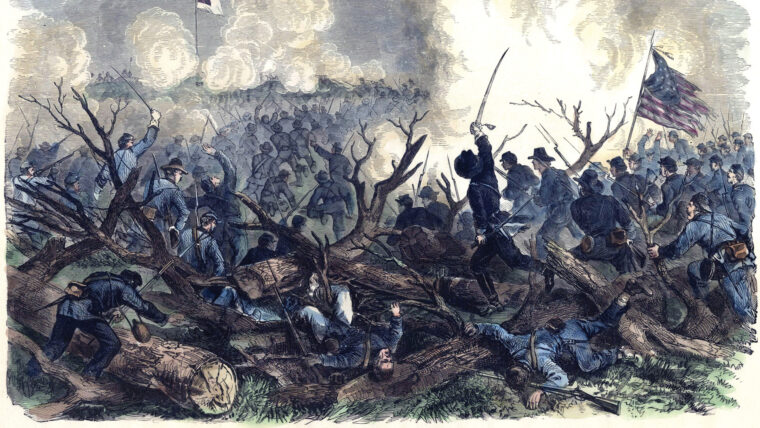
Vicksburg
Nathaniel Banks was a political creature, and with his country in the throes of civil war, he now held the politically obtained rank of major general in the Union Army. Read more
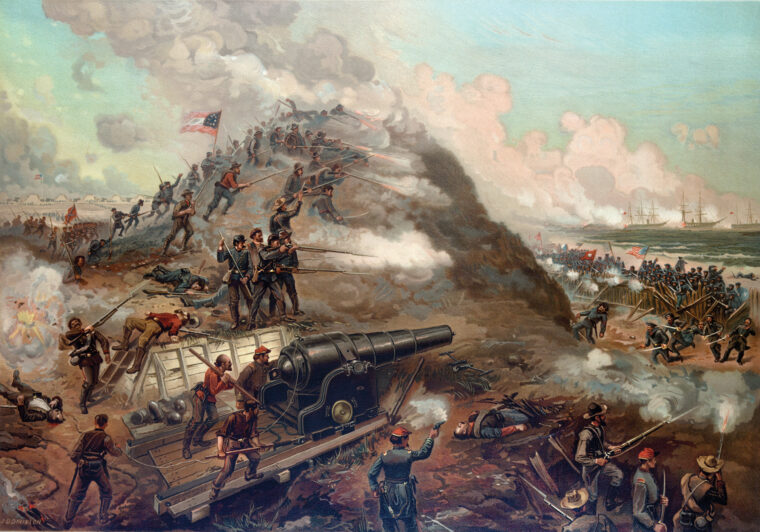
Vicksburg
The prospect of running the Federal blockade at Wilmington was easy in the beginning. North Carolina’s principal seaport was blockaded by a single warship, USS Daylight, and no one took the threat seriously. Read more
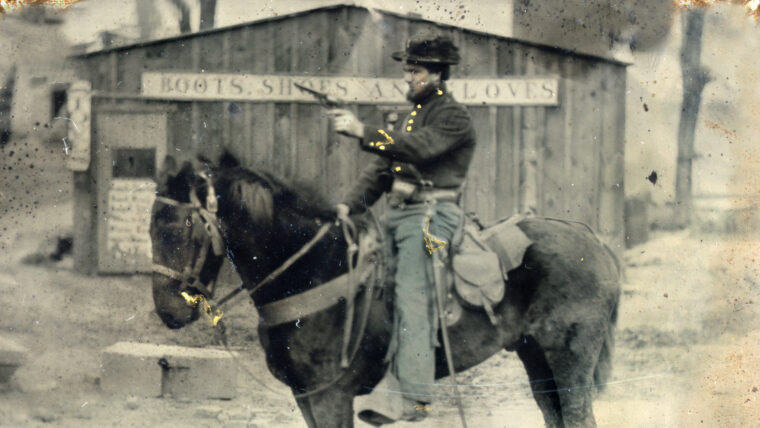
Vicksburg
Union Colonel Benjamin Grierson stuck his left foot into the stirrup and swung up into the saddle. Orders were quickly given, and soon a column of 1,700 blue-jacketed troopers of Grierson’s 1st Brigade, along with a battery of artillery, trampled southeast from La Grange, Tennessee, in the early dawn of April 17, 1863. Read more
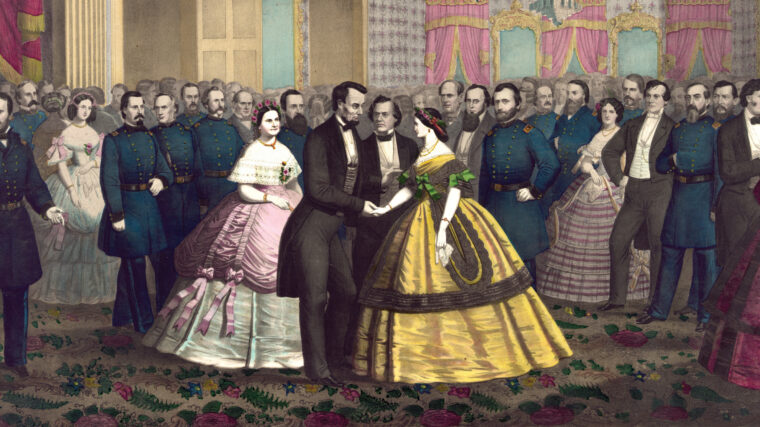
Vicksburg
On March 8, 1864, a rainy Tuesday, President and Mrs. Lincoln held a reception at the White House in Washington. Read more
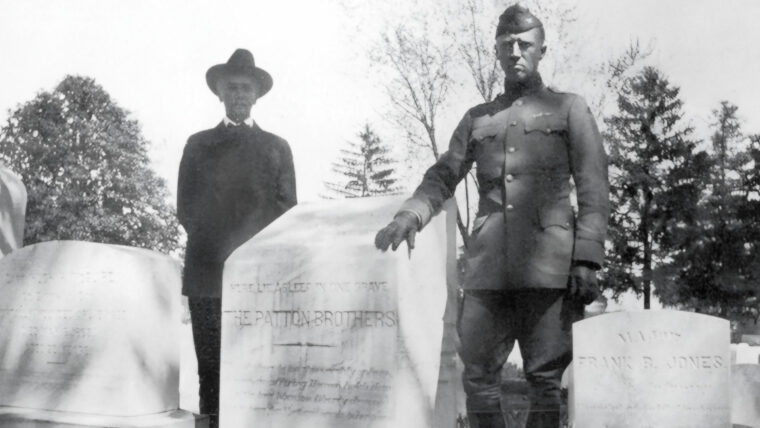
Vicksburg
The famed general of World War II, George S. Patton III, often spoke with pride of the military deeds of his forefathers. Read more